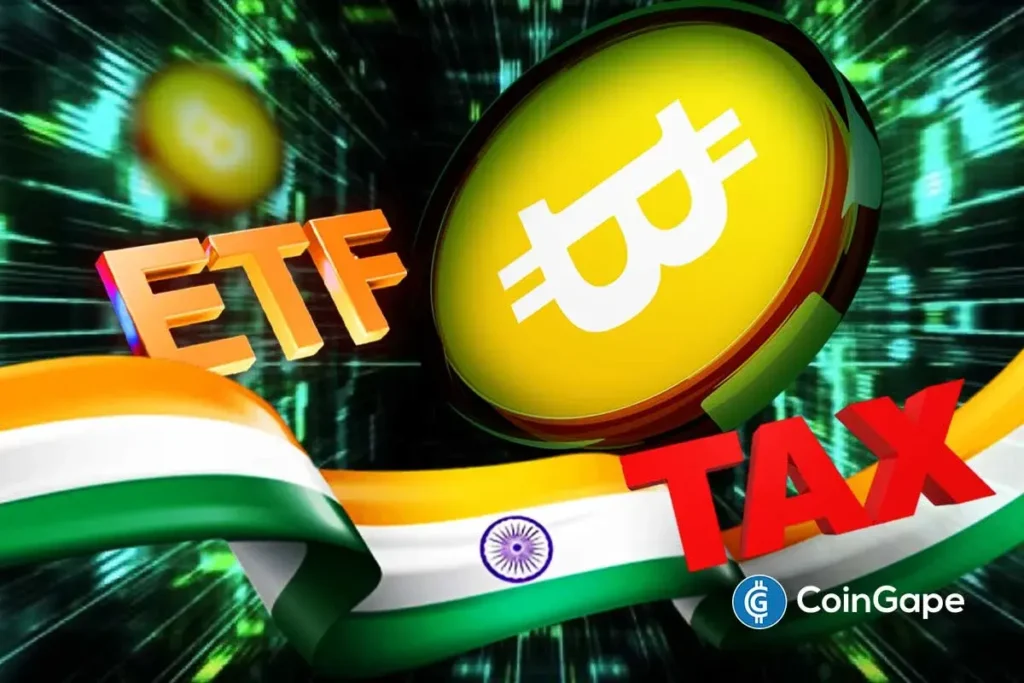India’s Cryptocurrencies: Tax Rules Remain Unchanged Amidst Regulatory Uncertainty
India’s Ministry of Finance recently reaffirmed its stance on cryptocurrency taxation, confirming that the existing rules will not change in the near future. This announcement has dashed hopes for more favorable regulations among crypto advocates. The government maintains a steadfast 30% tax rate on profits from crypto transactions, along with a 1% tax on transactions exceeding INR 10,000. Furthermore, the administration has firmly ruled out the introduction of Bitcoin or cryptocurrency Exchange-Traded Funds (ETFs) anytime soon, signaling a cautious approach towards the burgeoning crypto market.
The decision to uphold the current tax framework comes amid ongoing discussions within the crypto community about potential regulatory reforms. Accounts from prominent platforms, like Crypto India on X, highlight the stark reality of India’s rigid cryptocurrency regulations. By confirming their persistent tax measures, the Ministry of Finance reflects a broader sentiment of wariness towards adopting measures that may encourage the growth of digital assets in the country.
Amidst emerging global trends, India’s hesitation towards cryptocurrencies becomes even more glaring. Despite speculation regarding a possible Bitcoin Reserve and the suggestion that India might follow international counterparts in adopting more lenient regulations, the latest pronouncement reaffirms the status quo. The Indian government’s reluctance to provide clarity on crypto regulations and their current position on taxation is striking, particularly as they admit to the absence of substantial data collection within the crypto sector over the past five years.
This lack of enthusiasm for cryptocurrencies has prompted many Indian crypto companies to relocate their operations abroad. For example, WazirX, one of India’s largest crypto exchanges, suffered a devastating cyberattack resulting in a loss of $230 million, leading the platform to shift its operations to Singapore for restructuring. CoinDCX, another major player in the Indian crypto market, faced a $44 million theft, further illuminating the vulnerabilities associated with investing in unregulated markets.
Industry stakeholders express growing concern over India’s regulatory landscape. Statements from Siddharth Sogani, CEO of Crebaco, underscore the frustrations faced by crypto entrepreneurs, highlighting that their persistent efforts to advocate for regulatory clarity have been met with resistance. He stated, “Countries like the U.S. are regulating left and right, and Indians are left with frustration.” This sentiment captures the dissatisfaction among those in the crypto sector who feel left behind in a rapidly evolving global market.
In conclusion, India’s cryptocurrency landscape remains shrouded in uncertainty. The government’s stringent tax regulations and lack of clarity on regulatory frameworks are driving businesses to migrate overseas, leaving a crucial market in jeopardy. As the global cryptocurrency environment continues to evolve and expand, India’s reluctance to adapt its policies may not only hinder its domestic potential but also put it at a disadvantage in the worldwide crypto arena. The need for a balanced approach towards crypto regulation has never been more pressing for India as it aims to retain its competitive edge in this dynamic sector.















